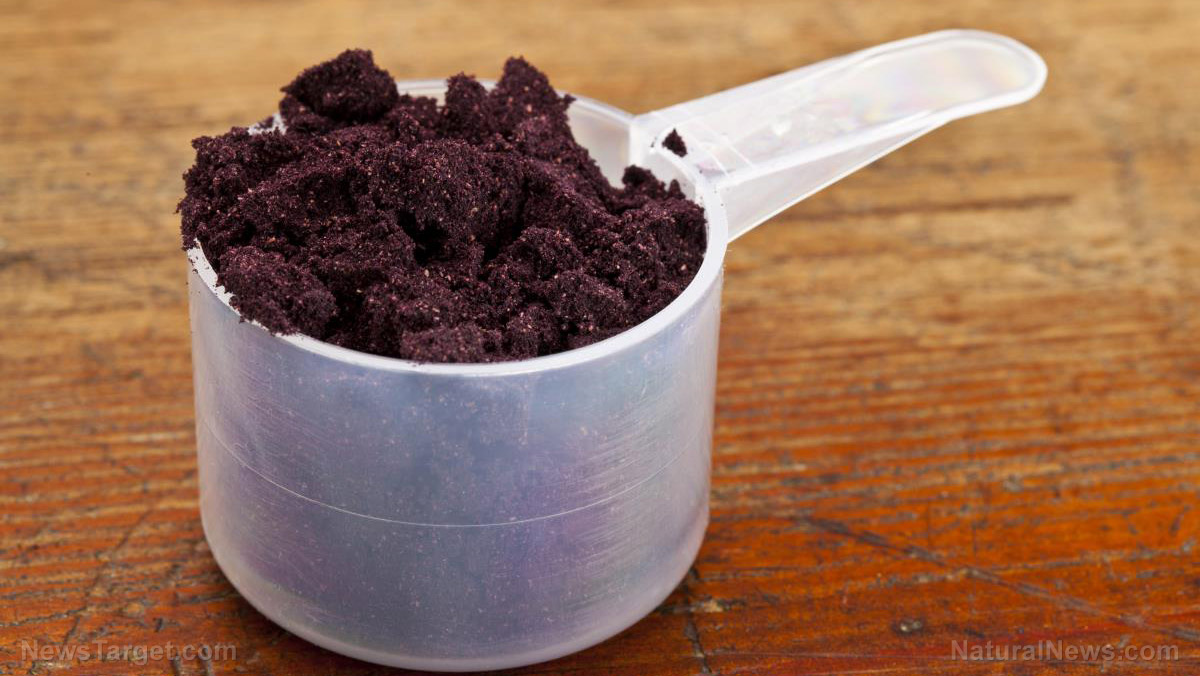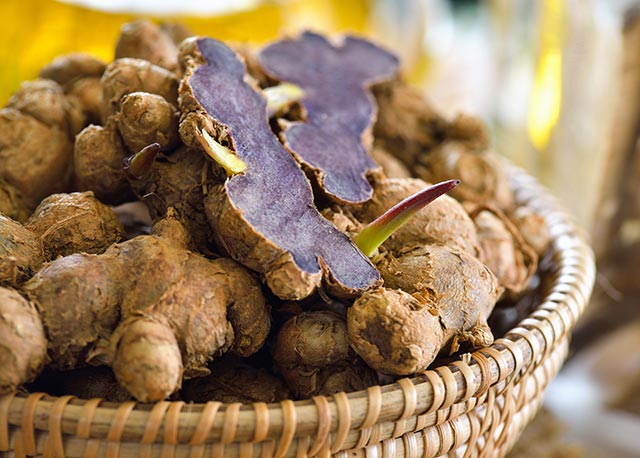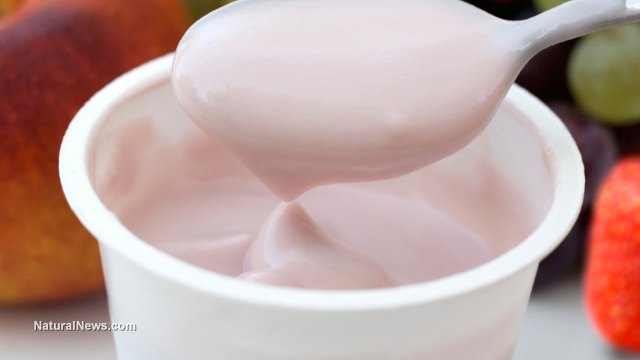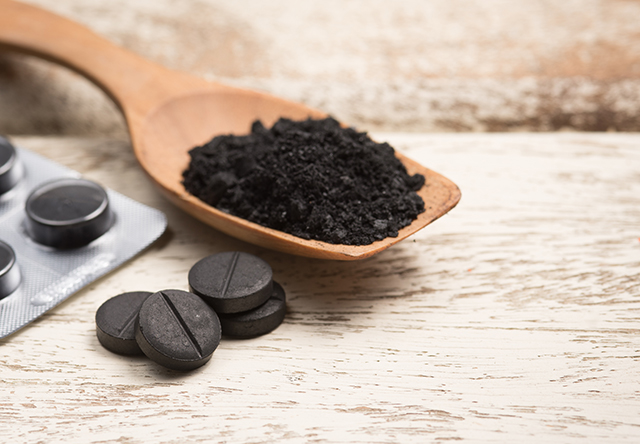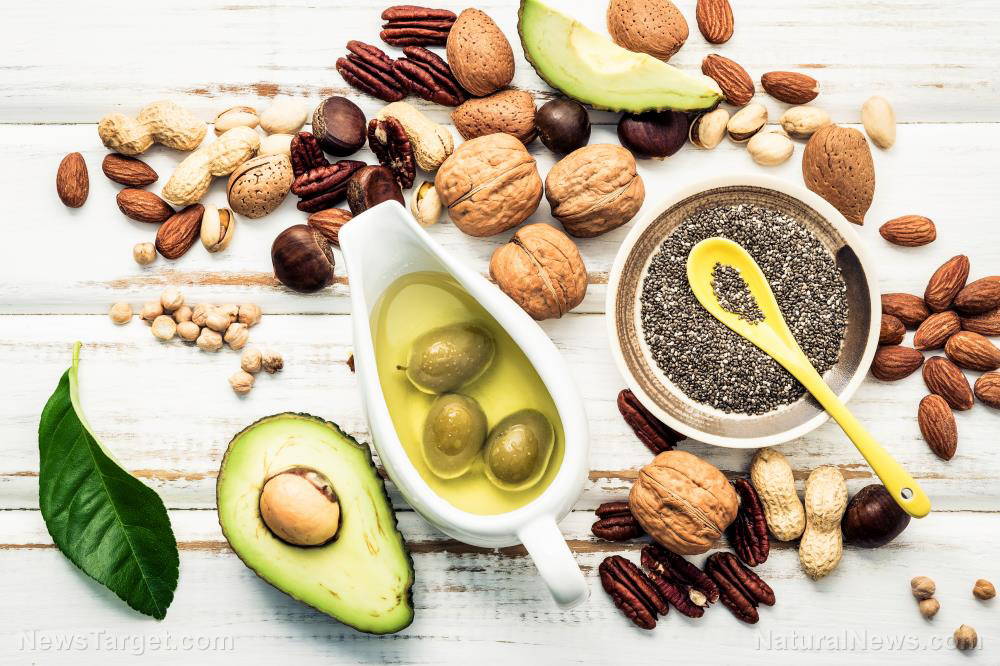African plant found to naturally manage cholesterol levels – study
11/23/2018 / By RJ Jhonson
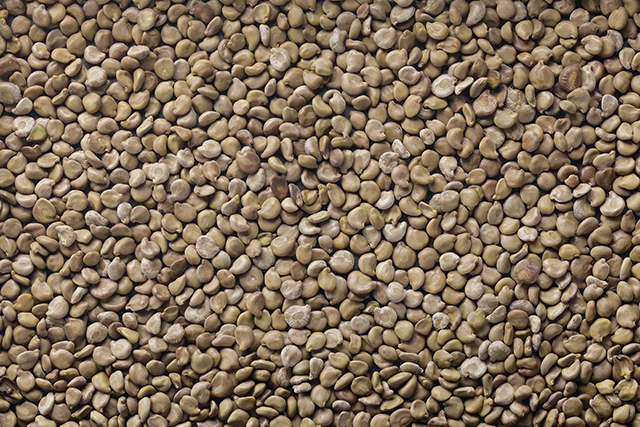
Heart disease is one of the leading causes of death in the world. In a study published in the journal BMC Complementary and Alternative Medicine, researchers from Cameroon discussed how the coffee senna (Senna occidentalis; formerly Cassia occidentalis Linn), a weed common in many parts of Africa, can be used to prevent atherosclerosis, one of the most prevalent causes of heart attacks.
S. occidentalis is known by many names, but it is most commonly called coffee senna. It is an invasive weed whose aqueous extracts have been used in traditional African medicine as a natural treatment for hypertension and related cardiovascular diseases.
The researchers wanted to explore coffee senna’s heart-friendly effects, especially in relation to cholesterol levels and oxidative stress. They gathered rats which they then fed an unhealthy, high-fat diet and separated into six different groups with 10 members each. After 30 days, three groups of rats were given 240 milligrams per kilogram (mg/kg); 320 mg/kg; and 400 mg/kg of the plant extract. Another group was given the drug Atorvastatin.
After four weeks of treatment, five out of 10 rats in each group were sacrificed. Blood samples, aorta, liver, and fresh fecal matter were collected and examined. The remaining rats were sacrificed four weeks later and examined. The researchers looked at the effects of coffee senna on the animals’ weight gain, water and food consumption, serum lipids and lipoprotein lipid oxidation levels, and stress markers in both blood and liver.
The animals were observed to have gained significant weight prior to treatment but experienced dose-dependent weight loss upon administration of coffee senna extract. The treatment also led to an increase in both water and food consumption, but also prevented the elevation in total cholesterol (TC), low-density lipoprotein cholesterol (LDL-C), very low-density lipoprotein cholesterol (VLDL-C), hepatic and aortic triglycerides (TG) and TC. The extract also favored the performance of fecal cholesterol and reduced the formation of atherosclerotic plaques.
The power of the elements: Discover Colloidal Silver Mouthwash with quality, natural ingredients like Sangre de Drago sap, black walnut hulls, menthol crystals and more. Zero artificial sweeteners, colors or alcohol. Learn more at the Health Ranger Store and help support this news site.
The results led the researchers to conclude that coffee senna’s aqueous extract can reduce bad cholesterol and triglyceride levels while increasing good cholesterol in the blood. The study offered proof of its hypolipidemic and antiatherosclerotic effects, supporting its traditional use as a treatment for both hypertension and diabetes, and consequently, heart disease.
More on atherosclerosis
Atherosclerosis refers to the buildup of plaque in the blood vessels, stifling the flow of blood and preventing the delivery of oxygen and nutrients to other parts of the body. In severe cases, atherosclerosis results in a fatal heart attack.
The buildup of plaque is most often caused by ingesting too much cholesterol, but just reducing one’s fat intake is not enough to treat the condition. The lack of specific nutrients can also contribute, whether directly or indirectly, to the formation of a blockage.
Natural treatments for atherosclerosis
Treating and preventing atherosclerosis begins at home. Here are some home remedies you can use to lower the risk of atherosclerosis:
- Garlic – Garlic contains allicin, a compound that helps lower LDL cholesterol levels, helping reduce the formation of vascular plaques and the incidence of heart attacks.
- Spinach – This green vegetable’s antioxidant content helps keep blood vessels healthy and blood pressure normal.
- Salmon – Salmon and other fatty fish provide much-needed protein without harming the heart. It contains good fats, as well as heart-friendly nutrients that help maintain vascular health.
- Green tea – Green tea has plenty of antioxidants that help prevent cellular damage, as well as polyphenols that aid in keeping cholesterol from entering the intestines.
- Turmeric – This spice contains curcumin, a compound that’s at least eight times more powerful than vitamin E in protecting the blood vessels and maintaining vascular well-being.
Discover other ways to keep the heart healthy at Heart.news.
Sources include:
Tagged Under: alternative medicine, anti-diabetes, anti-inflammatory, antibacterial, antioxidant, atherosclerosis, Cassia occidentalis, cholesterol, coffee senna, heart disease, heart health, herbal medicine, Herbs, hypertension, natural cures, natural medicine, natural remedies, plant medicine, prevention, research, Senna occidentalis









